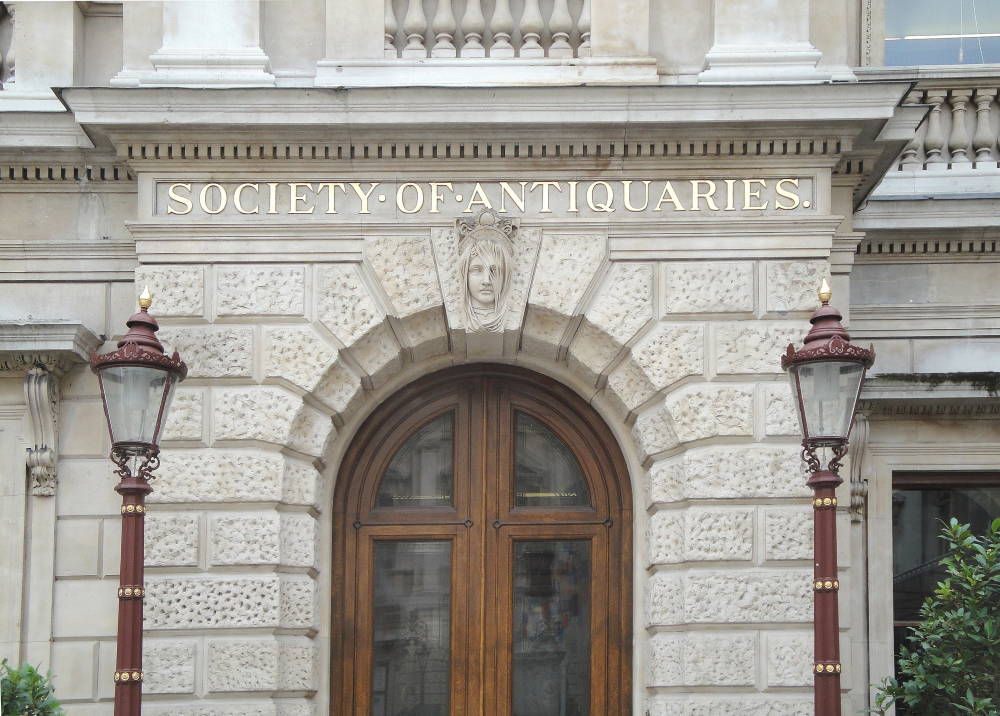Recap: Art, Law and Crises of Connoisseurship Conference 2015
Ruth Osborne
Last week in London, a rather remarkable gathering was held at the Society of Antiquaries at Burlington House. Our sister organization, ArtWatch UK collaborated with colleagues at the Center for Art Law (USA) and the LSE Cultural Heritage Law (UK) to host the Art, Law and Crisis of Connoisseurship conference on December 1st.

Society of Antiquaries. Courtesy: VIctorian Web.
The speakers, nineteen prominent art historians, artists, attorneys, scientists, curators, and art dealers, filled the day with a series of talks on how each of them has encountered the crisis of connoisseurship in their respective field. What these presentations made remarkably clear for this attendee was the dangers that the loss of connoisseurship poses for the future of art history, scholarship, and the understanding and care of our cultural heritage for future generations. What has in recent years become somewhat of anomaly in the study and stewardship of art was once a celebrated degree of distinction to pursue. It is the only way one can truly understand the artist’s hand, his or her materials and methods, and the only way one can detect the fakes, forgeries, and false attributions that continue to pop up on the market and, eventually, in museum galleries.
From Leonardo to Rubens, Veronese to Watteau, genre paintings to ancient pottery, the application of connoisseurship in each of the cases presented was demonstrably key in providing proper due diligence. While the very definition of “due diligence” can be endlessly debated, it was the application of connoisseurship that enabled one to point out the mistreatment of a restorer or the deceitful imitation of a master’s hand. This is an application that may take years – decades, even – of careful study in order to reveal the truth. But it is this very aspect of scholarship – the belief that it takes time and dedication despite the ever-ticking clock – that has becoming shockingly endangered in the study and care of art. ArtWatch UK Executive Director, artist, and co-host of the conference, Michael Daley, spoke on this in a piece by Dalya Alberge in The Guardian last month.
Without the serious diligence that the speakers at this conference brought in carefully contemplating the evidence in each of their respective cases, and without their determination to bring the facts to light, where would artistic stewardship be? Shouldn’t we be concerned when misattributions and looted artworks are being promoted at major government-funded museums, after having spent millions to hang them on their walls? The quality of connoisseurship is one to be celebrated and encouraged in young students, not something to be thrown out the window in the increasingly competitive art world. Rather, this conference brought to the fore the demonstrated successes of connoisseurship in action to deduct fakes and right the potential wrongs done to an artist’s oeuvre for posterity.

